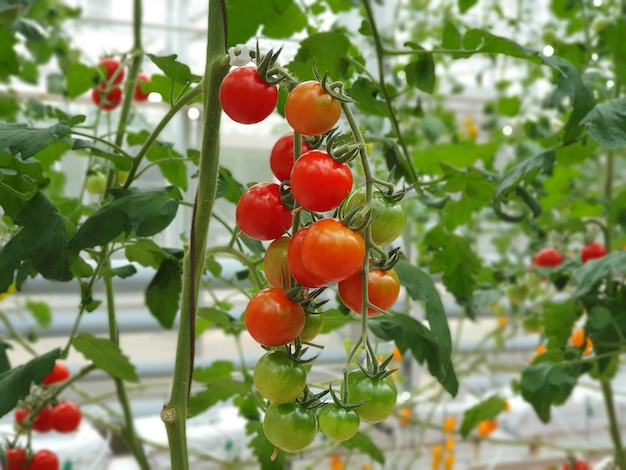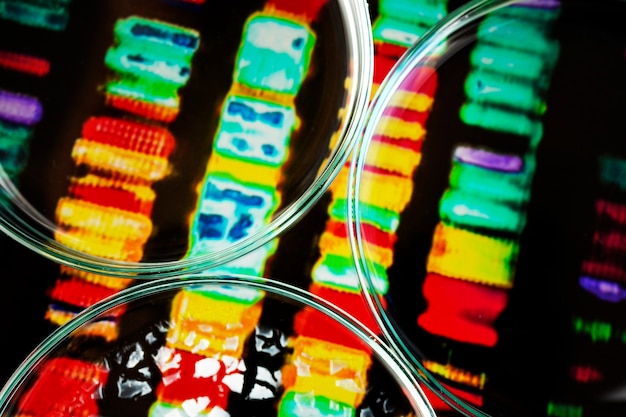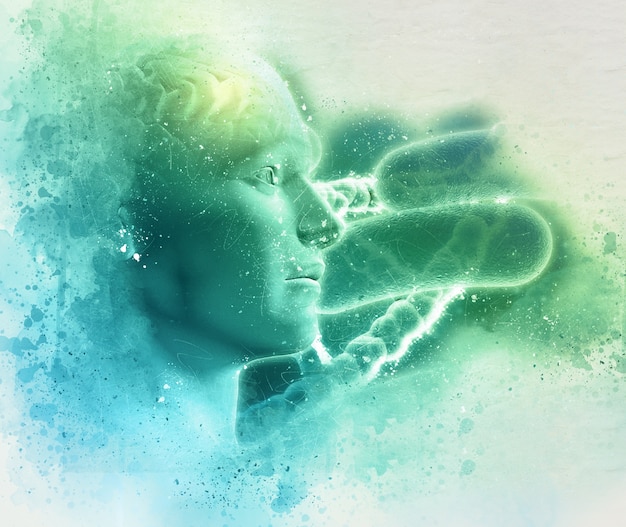The phrase "I'm thrilled" may seem simple, even casual, but when used sincerely, it carries emotional weight and psychological significance. From public figures celebrating major milestones to everyday individuals expressing joy over small victories, this phrase has become a universal marker of authentic excitement. Whether it’s a commuter anticipating a smoother drive after a bridge reopening or a performer embracing a new creative project, saying 'I'm thrilled' reflects more than just happiness—it reveals engagement, gratitude, and emotional presence.
Unlike generic expressions like 'I'm happy' or 'that's great,' the word thrilled conveys a heightened sense of enthusiasm. It suggests not just contentment, but a surge of positive emotion—often tied to anticipation, achievement, or relief. When someone says, 'I'm thrilled,' they’re often signaling that something meaningful has occurred or is about to happen.
For example, commuters in Macon expressed being "thrilled" as the Bass Road Bridge nears reopening after months of detours. This isn’t just about convenience—it’s about restored normalcy, saved time, and reduced stress. The emotional response is proportional to the impact of the change.

A smoother commute can bring real joy—many are thrilled when infrastructure improves.
Public infrastructure projects often go unnoticed until they fail. But when improvements are announced—like the $15.6 million investment in the St. Johns River Ferry—riders respond with genuine excitement. Adding a second boat means shorter wait times, better reliability, and improved access. People aren’t just happy—they’re thrilled because their daily lives will be positively impacted.
These moments highlight how civic investment translates into emotional returns. When communities see tangible progress, expressions like 'I'm thrilled' become natural responses to long-awaited change.
In personal narratives, 'I'm thrilled' often appears in contexts of resilience and appreciation. Actress Lorraine Bracco, reflecting on life at 70, said, "I’m thrilled to be alive. I’m thrilled that I can grow tomatoes." This sentiment isn’t about grand achievements—it’s about finding joy in existence and simple pleasures.
Such statements underscore a shift from ambition to gratitude, common in later life but valuable at any age. Being thrilled by health, nature, or small accomplishments fosters mindfulness and emotional well-being.

Simple joys, like gardening, can inspire deep feelings of thrill and gratitude.
In high-profile arenas, 'I'm thrilled' is often used to convey professional enthusiasm. NBA legend Magic Johnson expressed excitement over Terry McLaurin’s re-signing with the Washington Commanders, stating he was "thrilled" about the team’s direction. Similarly, singer Alison Krauss shared she was "thrilled to be with" her bandmates again after a decade-long hiatus.
These statements do more than communicate joy—they reinforce team spirit, loyalty, and commitment. In competitive fields, public expressions of thrill can also boost morale and fan engagement.
In the entertainment industry, new projects often spark excitement. Actress Sunny Leone described her upcoming biopic collaboration as something she’s "thrilled" about, emphasizing the story’s significance. Likewise, Stray Kids fans were thrilled as members debuted new hair colors ahead of a comeback—small visual cues that signal big changes.
Creativity thrives on anticipation. When artists express thrill, they invite audiences into the emotional journey, building connection and momentum before a release.

Creative reunions and new projects often spark genuine excitement among artists and fans alike.
Psychologically, verbalizing excitement reinforces positive emotions. Studies in positive psychology suggest that naming and sharing joy amplifies its effects. When we say 'I'm thrilled,' we’re not just describing a feeling—we’re reinforcing it.
Moreover, such expressions can be contagious. A leader expressing thrill about a project can inspire teams. A community member celebrating progress can uplift others. In this way, 'I'm thrilled' becomes more than personal—it becomes social.
When we live intentionally, moments worth being thrilled about become more frequent.
Saying 'I'm thrilled' is more than a phrase—it’s an affirmation of presence, appreciation, and hope. Whether it’s a new ferry, a personal milestone, or a creative rebirth, allowing ourselves to feel and express genuine excitement enriches life. In a world often focused on problems, choosing to be thrilled is a quiet act of resilience and joy.

Wellness

Wellness

Wellness

Wellness

Wellness

Wellness

Wellness

Health

Wellness

Wellness

Wellness

Wellness

Health

Fitness

Health

Health